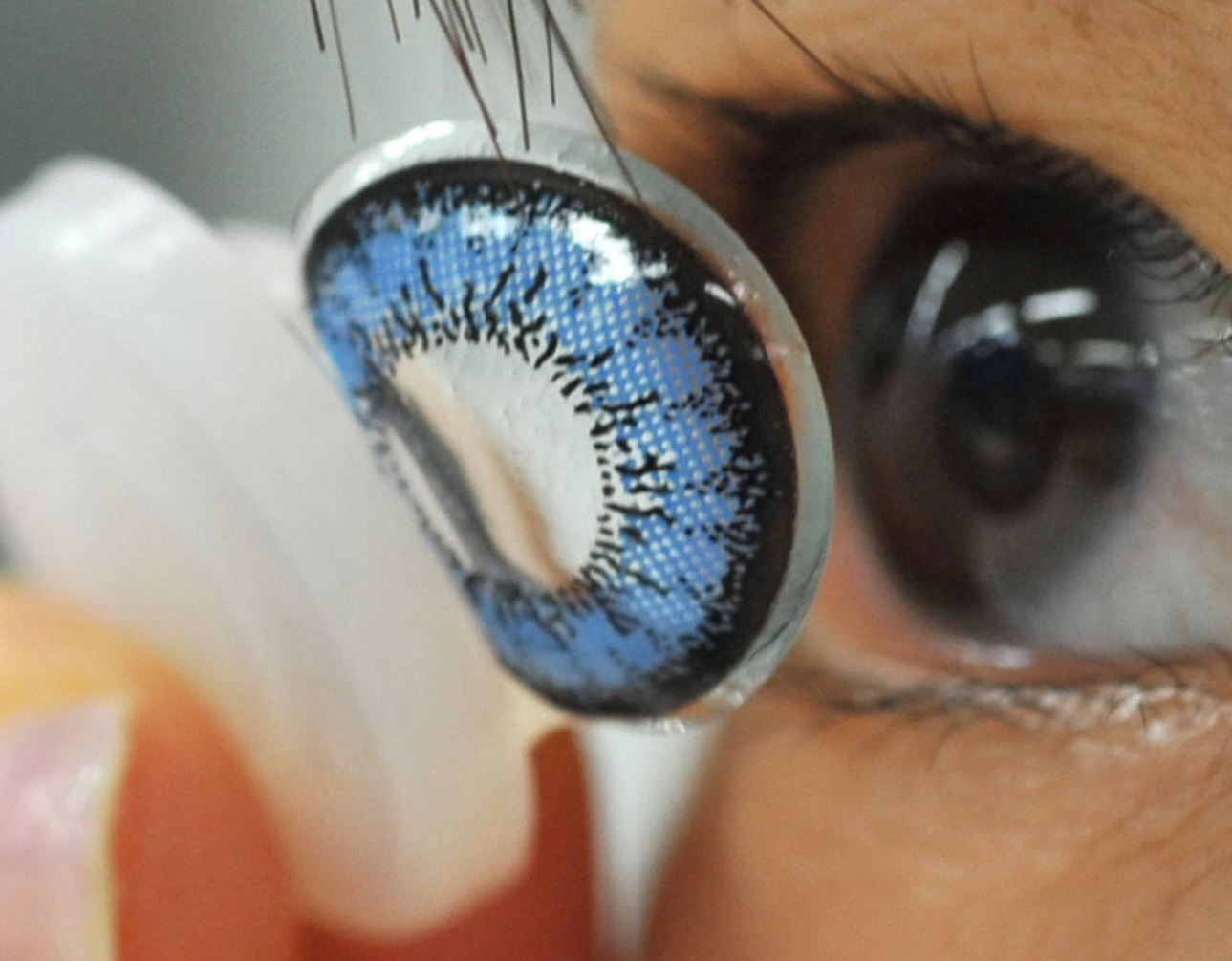
Contacts that are made up of silicone hydrogel material are usually safe to be called extended wear contact lenses. Silicone hydrogel contact lenses are used in Orthokeratology treatment, where these lenses are left in eyes while you sleep to reshape the cornea. This helps you achieving crisp & sharply improved vision the morning after. Not all contact lenses can be left in eyes for a night since soft contact lenses obstruct oxygen permeation to some degree. Silicone hydrogel contact lenses on the other hand, allow 5times more supply of oxygen that prevent discomfort caused by hypoxia.
How long can I continue wearing extended wear contact lenses?
Silicone hydrogel extended wear contact lenses are approved for 7 days of continuous wear. The maximum duration approved by FDA is 30 days. Most of the people cannot hold EW contact lenses for this length of the time while some can’t tolerate them even for a night.
Always visit your doctor before taking a plunge as he will be helping you find out if you are a right candidate for extended wear contact lenses.
Risks with Extended Wear Contact Lenses
In past, EW contact lenses would run the risks of infections. Microorganisms grow in warm & humid surface- contact lenses create a favorable condition for the growth of microbes when eyes are shut during sleep. Due to less oxygen transmission, eyes are vulnerable to infectious attacks. Fortunately, modern day extended wear contact lenses are made from advanced hydrogel material i.e. silicone. Silicone is erroneously called silicon that is actually a mineral found in sand.
- Silicone hydrogel contact lenses are breathable so they let in more oxygen flow that cuts down the risks on infections caused by hypoxia (deficiency of oxygen)
- All extended wear contact lenses are disposable with maximum life span of 30 days. This means less protein & lipid buildup that can cause inflammation & discomfort.
Though extended wear contact lenses are safer than ever, they do carry the risks of infections. This is why eye doctors try to avoid prescribing overnight EW contact lenses. People with sensitive eyes are suggested to opt for disposable contact lenses since failing to keep your contacts clean may add to the risks involved. Usually EW contact lenses are preferred by patients as it involves less daily care but they add up to the troubles when become exposed to smoke, fumes & pollution in the open environment.
Solution
Seeking professional medical help is the only effective solution. For sensitive eyes, a doctor usually suggests silicone hydrogel soft contact lenses with a short replacement period from 7 days to 30 days at maximum with intervals. You don’t necessarily need to go through the pain of removing your lenses each night but you must replace & take contacts out at intervals or as prescribed by your doctor.


